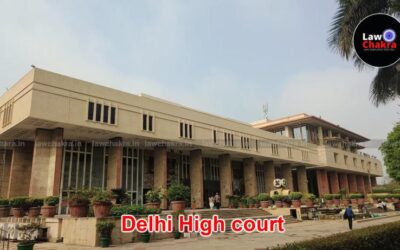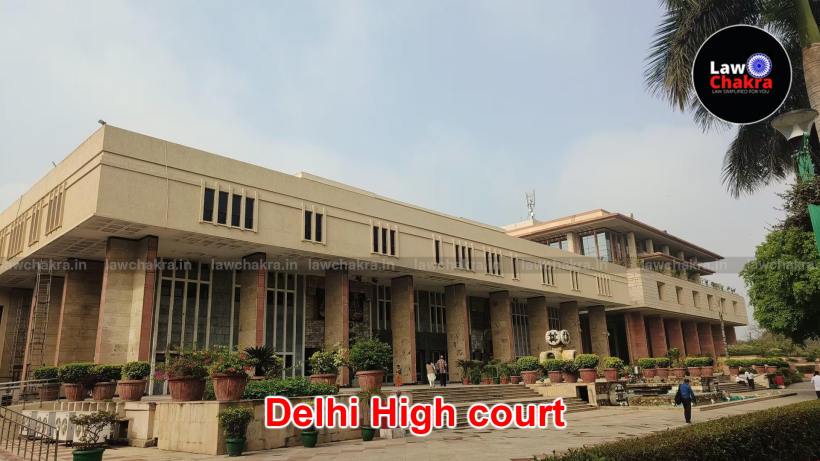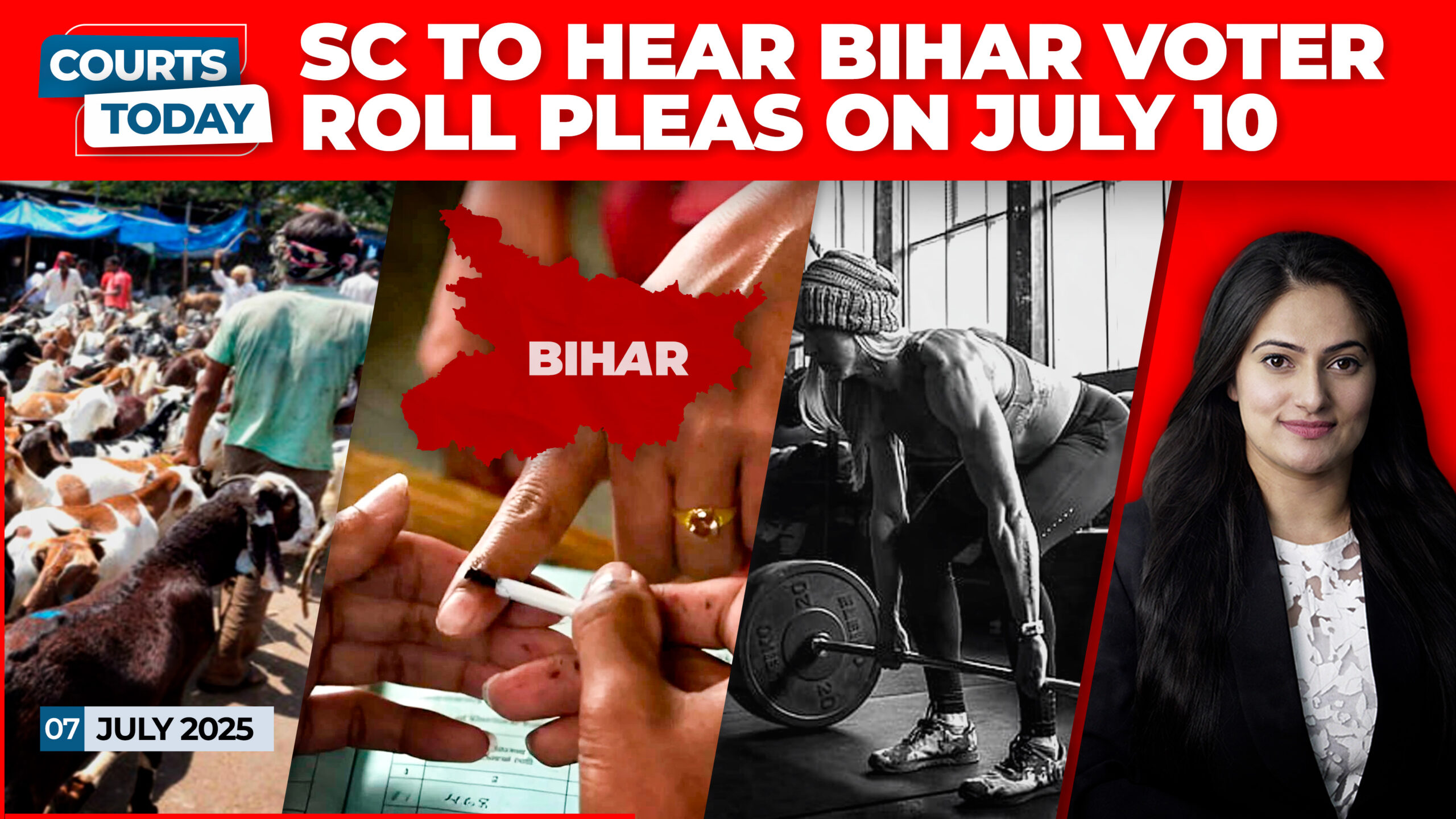CJI BR Gavai’s Notable Verdicts

India’s new Chief Justice, B.R. Gavai, has given many important judgments like on Article 370, electoral bonds, bulldozer actions, and women’s rights, strengthening the Constitution, protecting freedom, and promoting justice, equality, and independent courts.
Justice Bhushan Ramkrishna Gavai took oath as the 52nd Chief Justice of India, becoming the first Buddhist and the second Dalit after K.G. Balakrishnan to hold the top post in the Indian judiciary.
President Droupadi Murmu administered the oath of office at the Rashtrapati Bhavan. Justice Gavai will serve a six-month term, with his retirement scheduled for November 23, 2025.
He has made a significant contribution to the Indian judiciary, having written around 300 judgments, including landmark decisions on important constitutional and human rights issues.
Also Read: BREAKING: Justice BR Gavai Takes Oath as 52nd CJI, First Buddhist Chief Justice of India
He has been a key part of benches that stood firmly in favour of citizens’ liberty and against what he once termed the executive’s “bulldozer justice”.
Justice Gavai comes from humble beginnings. He belongs to a village in the Amravati district of Maharashtra and is the son of R.S. Gavai, a well-known politician and founder of the Republican Party of India (Gavai). He was born on November 24, 1960, and after taking the oath, he paid respect to his mother by touching her feet at the ceremony.
He joined the Bar on March 16, 1985. Early in his career, he worked as standing counsel for several civic bodies, including the Nagpur and Amravati municipal corporations and Amravati University.
He also served as an assistant government pleader and additional public prosecutor at the Nagpur Bench of the Bombay High Court from August 1992 to July 1993. Later, on January 17, 2000, he was appointed as the government pleader and public prosecutor at the same bench.
Justice Gavai was appointed as an additional judge of the Bombay High Court on November 14, 2003, and became a permanent judge on November 12, 2005. He was elevated to the Supreme Court on May 24, 2019.
He has been part of around 700 benches in the Supreme Court, dealing with a wide range of legal topics, including constitutional, civil, criminal, administrative, arbitration, commercial, and environmental law. He was part of five-judge constitution benches that gave important rulings on Article 370, electoral bonds, and demonetisation.
Also Read: CJI B.R. Gavai Pays Floral Tributes to Mahatma Gandhi & Dr. Ambedkar After Taking Oath
He was on the bench that stayed the controversial observation of the Allahabad High Court that grabbing a woman’s breasts and pulling the drawstrings of her pyjama did not amount to an attempt to rape. The bench said the High Court’s comments reflected “total insensitivity” and an “inhuman approach”.
He has also ruled on critical environmental cases, protecting forests and trees, and has delivered several orders focused on preserving nature. In one of his landmark decisions, he laid down uniform guidelines across the country regarding demolitions, stating that no property should be demolished without prior showcause notice and the affected party must be given 15 days to reply.
He has strongly spoken about the supremacy of the Constitution. Just days before taking charge as CJI, Justice Gavai told journalists during an informal interaction at his residence that “the Constitution is supreme”.
He also clearly said he would not accept any government post after his retirement, stating,
“I would not take any post-retirement assignments”.
Justice Gavai was part of the five-judge bench which unanimously upheld the Central Government’s decision to remove Article 370, which earlier gave special status to Jammu and Kashmir. He also sat on the bench that struck down the electoral bonds scheme meant for anonymous political donations. He was involved in another historic ruling where the Supreme Court gave a 4:1 majority decision upholding the government’s move to demonetise Rs.1,000 and Rs.500 notes in 2016.
In another vital case, a seven-judge constitution bench, including Justice Gavai, ruled by a 6:1 majority that states have the right to create sub-categories within Scheduled Castes to provide reservations for those most backward among them. The same bench also decided that arbitration clauses in agreements that are unstamped or insufficiently stamped remain enforceable, since such defects are curable and do not make the contract invalid.
Justice Gavai was also part of a five-judge constitution bench which, in January 2023, declared that public officials cannot have extra restrictions placed on their freedom of speech and expression, as the Constitution already provides sufficient grounds to limit this right when necessary.
Throughout his career, Justice Gavai has delivered lectures at prestigious global institutions like Columbia University and Harvard University on constitutional and environmental law.
On April 16, outgoing Chief Justice Sanjiv Khanna recommended Justice Gavai’s name as the next CJI. The Law Ministry later issued a notification on April 29 confirming his appointment.
Justice Gavai’s rise from a modest background to the highest judicial post in India is a symbol of inclusive progress in the Indian legal system, and his judgments are likely to leave a long-lasting impact on constitutional law, personal liberty, and judicial accountability.






